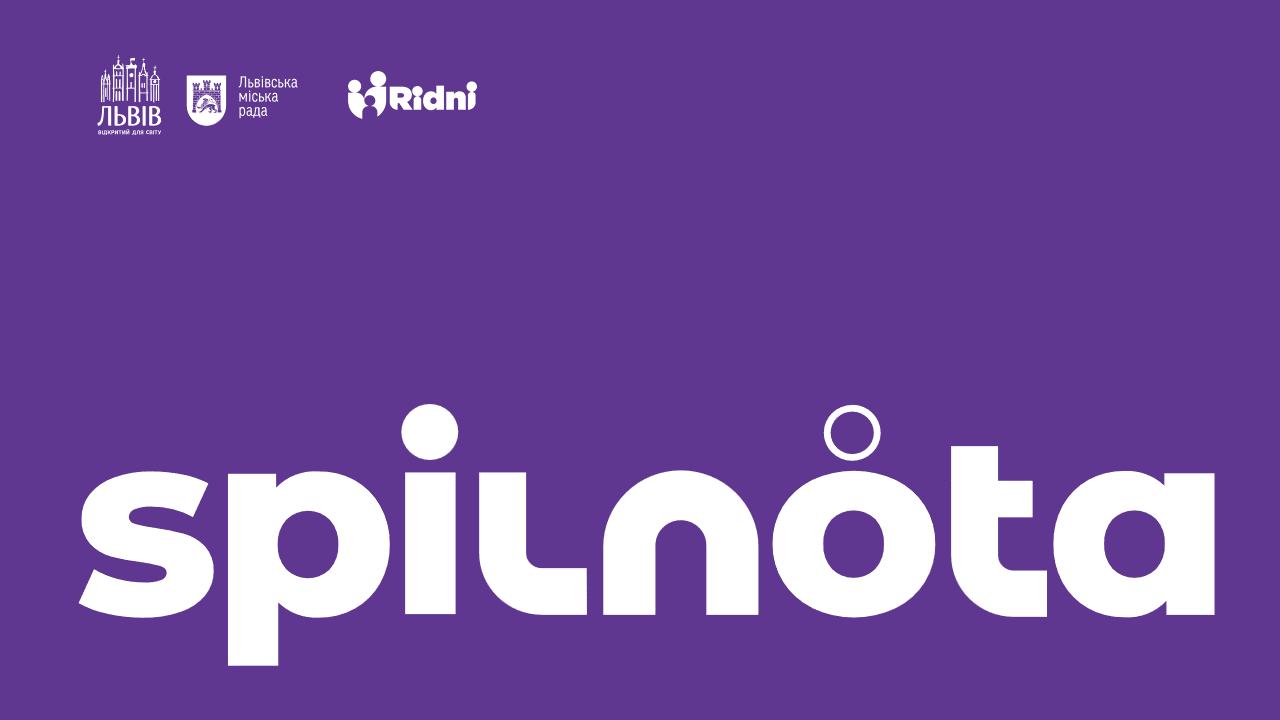
Most likely, this vacancy is closed because it has already made someone's Mondays happy.
But don't worry - we have something to offer you!
See other open features on the site
In response to the request of the Government of Ukraine, UNOPS opened an office in Ukraine in 2017, which provides a broad spectrum of services to the Government and the people of Ukraine. Currently, the office is classified as an Operations Centre (UAOC), with a portfolio of projects exceeding USD 100 million, in the areas of rule of law, environment, energy efficiency, crisis recovery, good governance, human resources management, procurement, and logistics.
The European Union funded ‘Support for Rule of Law Reforms in the Areas of Police, Public Prosecution and Good Governance Project’ (PRAVO – Law Enforcement) has the overall objective of supporting strengthening the policing, prosecution and civilian governance in Ukraine and to align them with the best European and International practices. On substance matters, the project relies on the EU Advisory Mission (EUAM) to Ukraine.
The Project interventions include support to upgrading the Information and Communication Technologies (ICT) of law enforcement agencies (LEAs). The overall objective of the current assignment is to enhance ICT capacities of Qualification and Disciplinary Commission of Prosecutors (QDCP), which would in turn enable the Commission to enhance accountability, efficiency, effectiveness, and transparency in the conduct of its functions.
The QDCP was established in May 2017 and has 11 personnel working full-time, including five prosecutors appointed by their peers at the All-Ukrainian Conference of Public Prosecutor’s Office Employees and six employees appointed by other bodies (Bar Congress of Ukraine, Congress of Representatives of Higher Education and Research Institutions in the Area of Law, Ombudsperson). The QDCP took over from the Public Prosecution Offices (PPO) the following key functions:
(a) Selection of candidate prosecutors for the local Public Prosecution Offices;
(b) Transferring of prosecutors to the PPOs of higher level;
(c) Dismissal of prosecutors, including the Prosecutor General;
(d) Disciplinary proceedings against prosecutors.
Given that the QDCP has significant powers with respect to who enters and leaves the prosecutorial profession as well as making decisions on disciplinary sanctions against prosecutors, there is a need to ensure efficiency, transparency, integrity and independence of the Commission’s functioning. It is for this reason that the Council of Europe Report 2017 states that “The QDCP needs urgent support in administrative and financial issues in order to establish it as a legal entity with its own independent budget, infrastructure and human resources”. Therefore, developing QDCP’s IT capabilities would allow it to increase efficiency and effectiveness, as well as improve transparency and accountability in its functioning.
Currently the Commission is co-located in the National Prosecution Academy of Ukraine. It has no separate budget line and thus does not have control over its own finances or material/human resources staying much dependent on the PGO in this regard. This is somewhat of a shortcoming as it is required by the Law to be independent of the PGO. Unless the Commission has basic resources to carry out is functions, it will be more and more difficult for the QDCP to assert its independence.
At the same time, the QDCP in current circumstances reportedly built sufficient cooperation with the PGO. The latter provides technical and administrative assistance to the QDCP in terms of IT through IT expert working for the QDCP Secretariat, which is still structural unit of the PGO. New premises lease agreement, signed by the Commission with the National Prosecution Academy of Ukraine in October 2018, indicates satisfactory level of partnership.
However, active steps are taken by the QDCP to ensure legal, intuitional, functional and operational independence. In particular, in April 2018 the Commission has approved a decision on establishment of fully-independent Secretariat, though there is still no funding for this. Moreover, recent efforts of the QDCP paid off and in the State Budget for 2019 the Commission got its’ own budget line under the PGO, even though allocated expenditures cover only salaries for the QDCP members (without Secretariat) and utilities. No expenditures for development have been envisaged so far.
Functional Responsibilities
Purpose
The overall objective of this assignment is to contribute to enhancement of ICT capacities of QDCP, which would in turn enable the Commission to enhance accountability, efficiency, effectiveness, and transparency in the conduct of its functions. Specifically, the selected Consultant will under the overall supervision of the Programme manager, and guidance of the ICT Advisor, validate the ICT needs of the QDCP and develop technical and functional specifications for automation of the Commission processes related to its main functions. Development of specifications would provide basis for procurement and implementation of the identified solutions.
Scope
The scope of this assignment includes identification and analysis of the QDCP ICT needs, provision of the technical and functional specifications, and conduct of the market research for the IT proposed solutions. In addition, the selected Consultant will develop a high-level plan for implementation of the designed IT solutions. The technical and functional specifications should be prepared for:
– The selection of candidate prosecutors to local PPOs and transferring of prosecutors to PPOs of higher level (including but not limited to development of the technical and functional requirements for the Commission’s own electronic testing and practical assignments evaluation IT solutions; and development and implementation of the electronic profile management solution for the candidates)
– Dismissal of prosecutors, including the Prosecutor General
– Disciplinary proceedings against prosecutors (including but not limited to implementation of an electronic disciplinary proceeding system; and improvement of the current automated complaints distribution)
Outputs
The outputs shall be the following:
Education:
University degree – master’s or bachelor’s in computer science, engineering or mathematics or other relevant fields.
Experience:
Minimum seven (7) years with a master’s degree OR nine (9) years with a bachelor’s degree of relevant and proven professional experience after having completed his/her studies is required
At least three (3) years working with software and hardware solutions used in large enterprises is required
Experience in the design and implementation of complex software with multi-layered architectures
Knowledge of data modelling or data administration;
Experience in building and designing solutions that run in virtualized environments
At least three (3) years of experience relevant to the assignment at issue in/with the public and/or security sector proven by the track record
Solid knowledge of web services
Languages: Fluency in written and spoken English and Ukrainian is required.
More details and application form for this job: UNOPS web page
Do you work at this company? Learn how to create full profile








